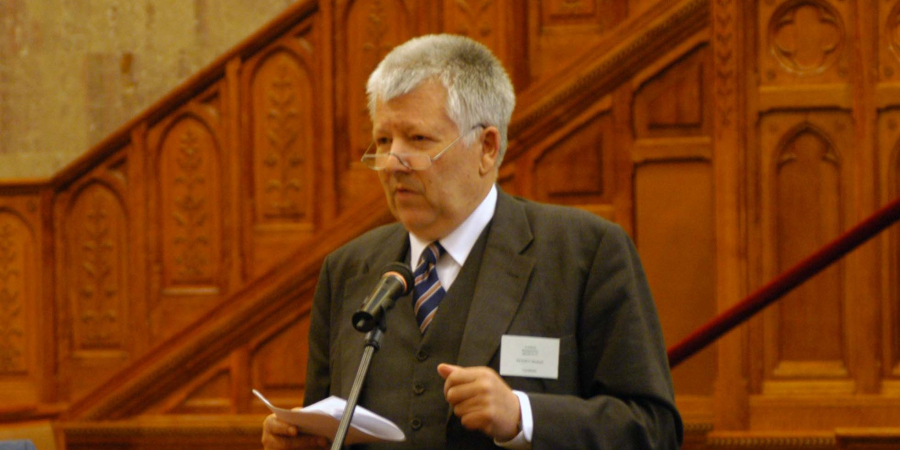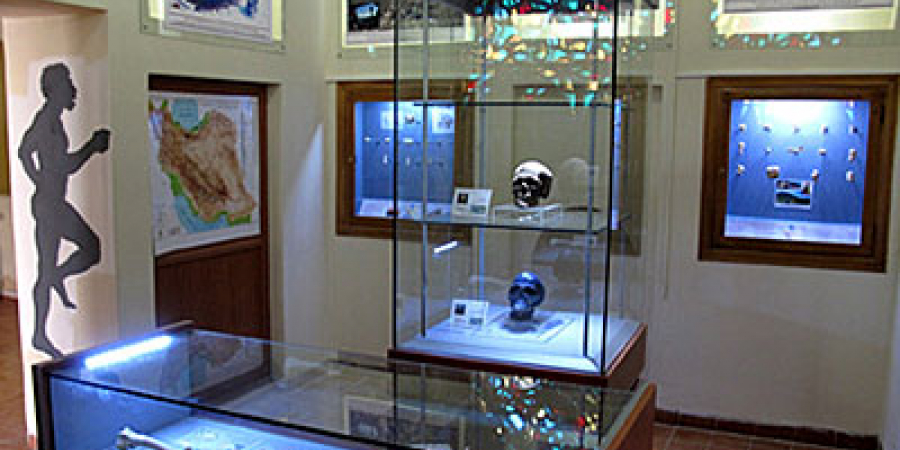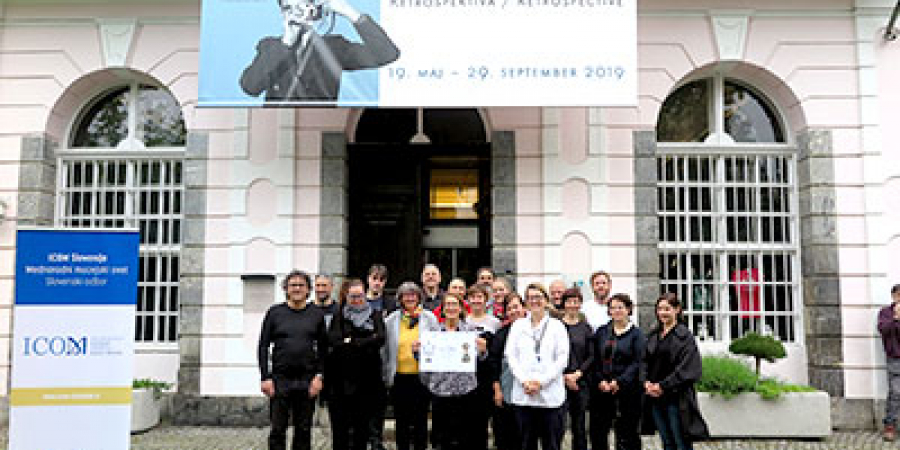Featured

Michael Petzet, 1933-2019
Michael Petzet, former President of ICOMOS Germany from 1988 to 2008 and of ICOMOS International from 1999 to 2012, has passed away. He was 86 years old.

Michael Petzet, 1933-2019
Michael Petzet, former President of ICOMOS Germany from 1988 to 2008 and of ICOMOS International from 1999 to 2012, has passed away. He was 86 years old.

Survey: Needs and challenges for collections display and storage
The anticipated innovations include active and intelligent display cases, storage crates and archival boxes to improve exhibition, storage and transport conditions for museum, archives, libraries and private collections. To provide critical guidance for the project please take this survey and share your experience.

Survey: Needs and challenges for collections display and storage
The anticipated innovations include active and intelligent display cases, storage crates and archival boxes to improve exhibition, storage and transport conditions for museum, archives, libraries and private collections. To provide critical guidance for the project please take this survey and share your experience.

RE-ORG Slovenia
The National Museum of Contemporary History in Ljubljana has hosted RE-ORG Slovenia, organized by ICOM Slovenia. The first part of the training programme took place from 22-24 May 2019.

RE-ORG Slovenia
The National Museum of Contemporary History in Ljubljana has hosted RE-ORG Slovenia, organized by ICOM Slovenia. The first part of the training programme took place from 22-24 May 2019.

Survey: Needs and challenges for collections display and storage
The anticipated innovations include active and intelligent display cases, storage crates and archival boxes to improve exhibition, storage and transport conditions for museum, archives, libraries and private collections. To provide critical guidance for the project please take this survey and share your experience.

Survey: Needs and challenges for collections display and storage
The anticipated innovations include active and intelligent display cases, storage crates and archival boxes to improve exhibition, storage and transport conditions for museum, archives, libraries and private collections. To provide critical guidance for the project please take this survey and share your experience.

RE-ORG Slovenia
The National Museum of Contemporary History in Ljubljana has hosted RE-ORG Slovenia, organized by ICOM Slovenia. The first part of the training programme took place from 22-24 May 2019.

Survey: Needs and challenges for collections display and storage
The anticipated innovations include active and intelligent display cases, storage crates and archival boxes to improve exhibition, storage and transport conditions for museum, archives, libraries and private collections. To provide critical guidance for the project please take this survey and share your experience.
